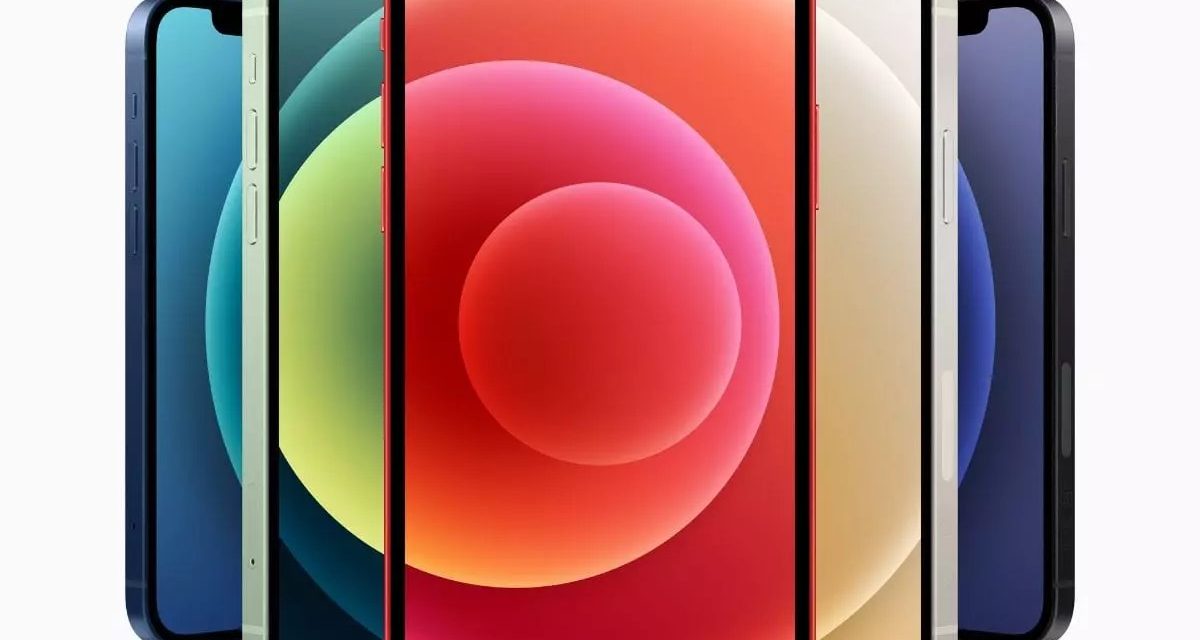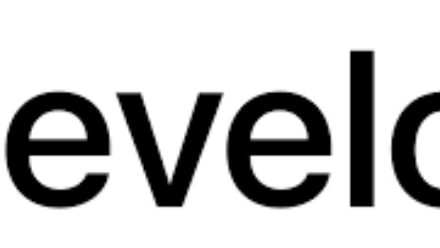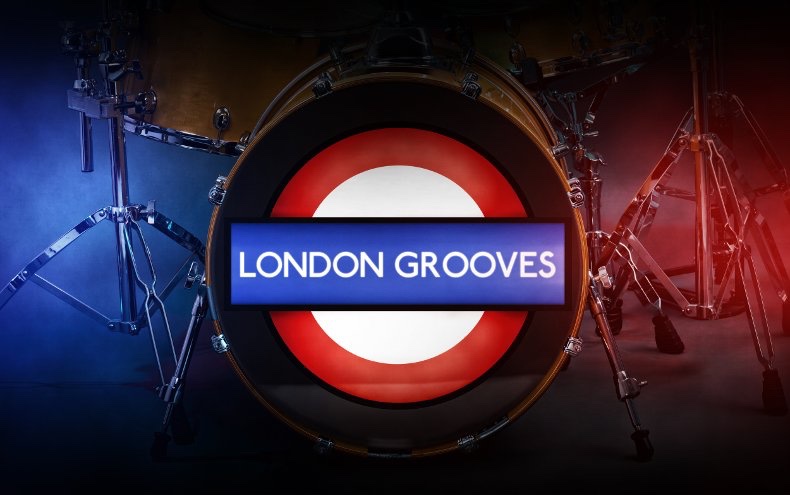France’s National Frequency Agency notified Apple today to withdraw its iPhone 12 from sale as it emits “too powerful waves, reports LeParisien.
If the American manufacturer does not comply, Jean-Noël Barrot, Minister in charge of Digital Affairs, threatens to go further, the article adds. The ban was implemented after France’s radiation watchdog, Agence nationale des frequences (ANFR), did its own testing on the iPhone 12. Without revealing the testing methodology or the results, a French minister said that the iPhone 12 exceeded the country’s Specific Absorption Rate (SAR) for RF exposure.
“Apple is expected to respond within two weeks”, Jean-Noel Barrot, France’s junior minister for the Digital economy told Le Parisian “If they fail to do so, I am prepared to order a recall of all iPhones 12 in circulation. The rule is the same for everyone, including the digital giants.”
SAR is a measure of the amount of radio frequency energy absorbed by the body when using a mobile phone. In the U.S., the FCC requires cell phone manufacturers to ensure that their phones comply with objective limits for safe exposure. Any cell phone at or below these SAR levels (that is, any phone legally sold in the U.S.) is a “safe” phone, as measured by these standards. The FCC limit for public exposure from cellular telephones is an SAR level of 1.6 watts per kilogram (1.6 W/kg).
The ANFR claims to have found absorption at 5.74 watts per kilogram for its testing on-contact. The European Union (EU) limit for on-contact exposure is 4 watts per kilogram.
However, as noted by AppleInsider, Apple’s testing conforms to an international industry standard. As Apple says, during testing, iPhone radios are set to highest transmission possible manually and SAR is evaluated in real time, over time intervals as specified by applicable regulations
Article provided with permission from AppleWorld.Today




